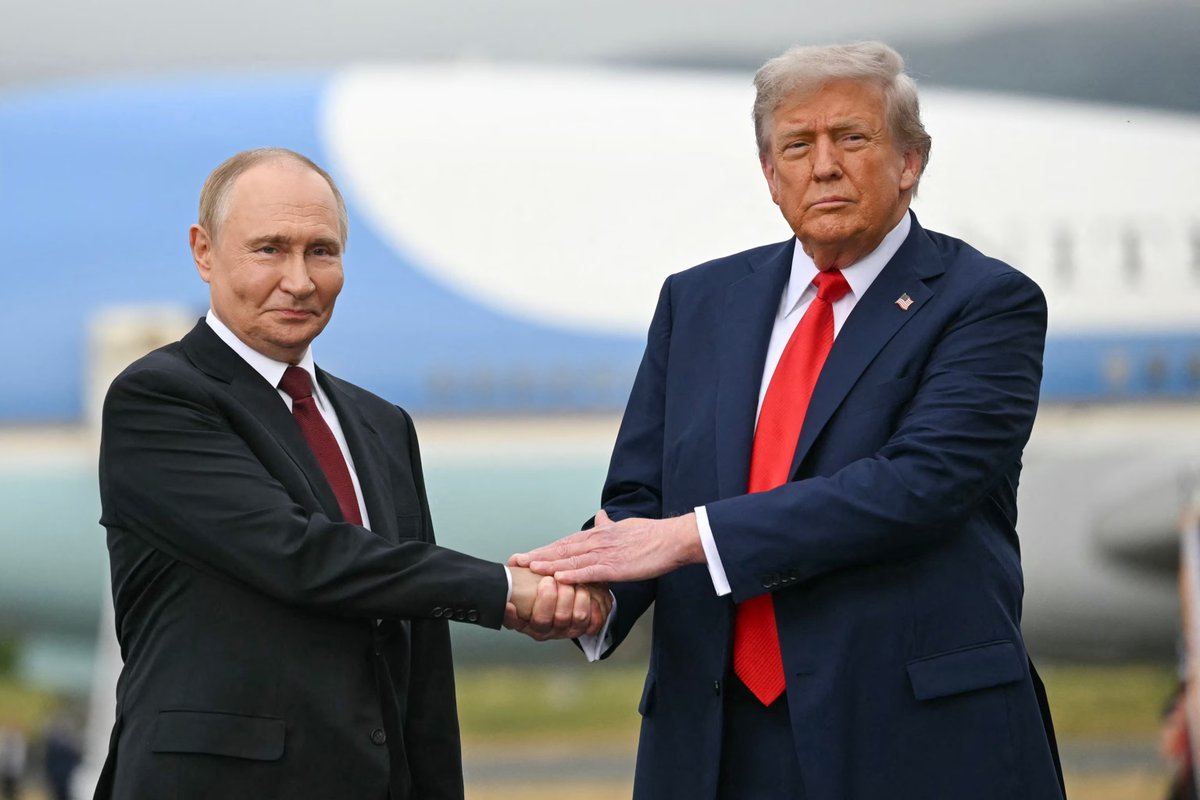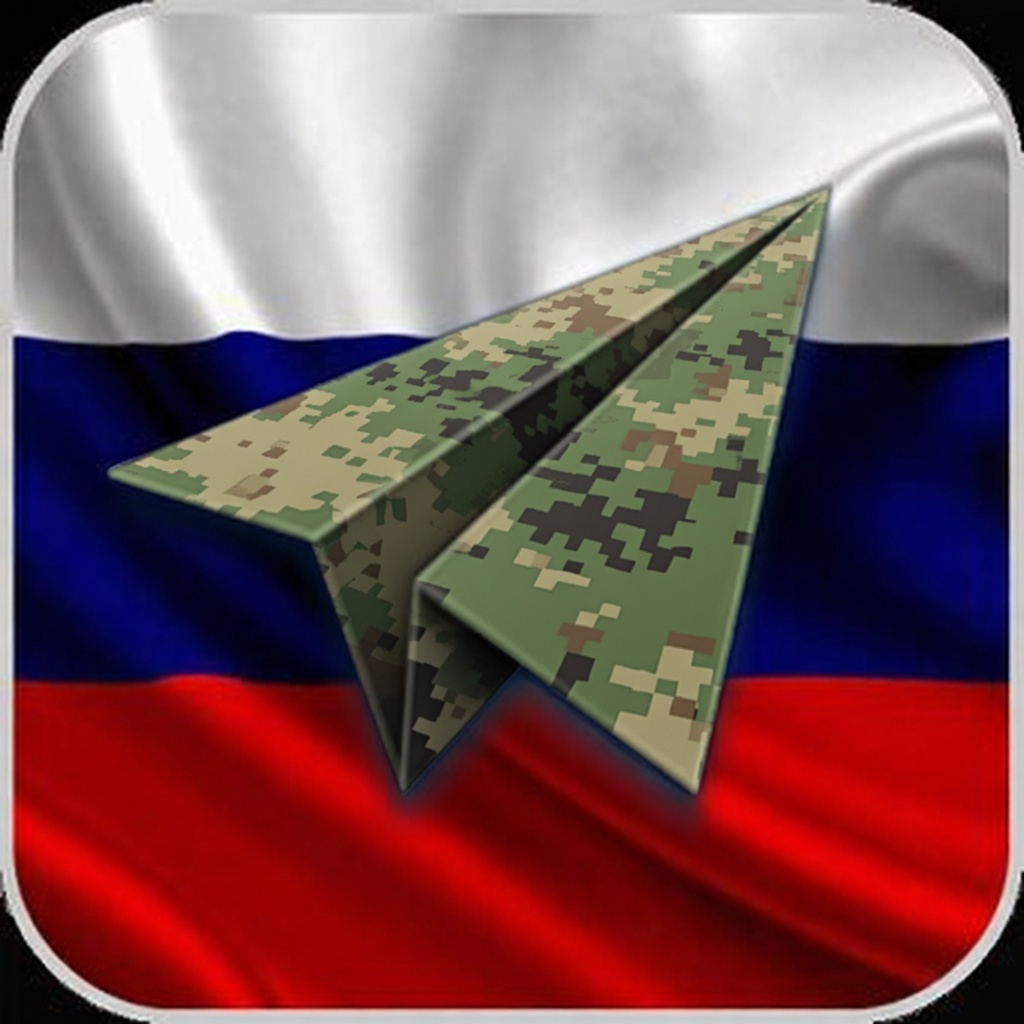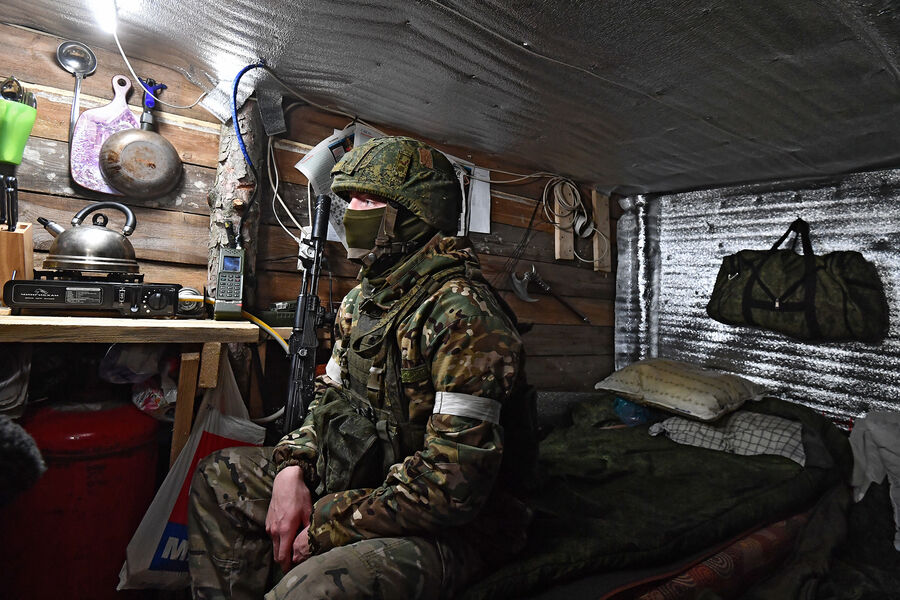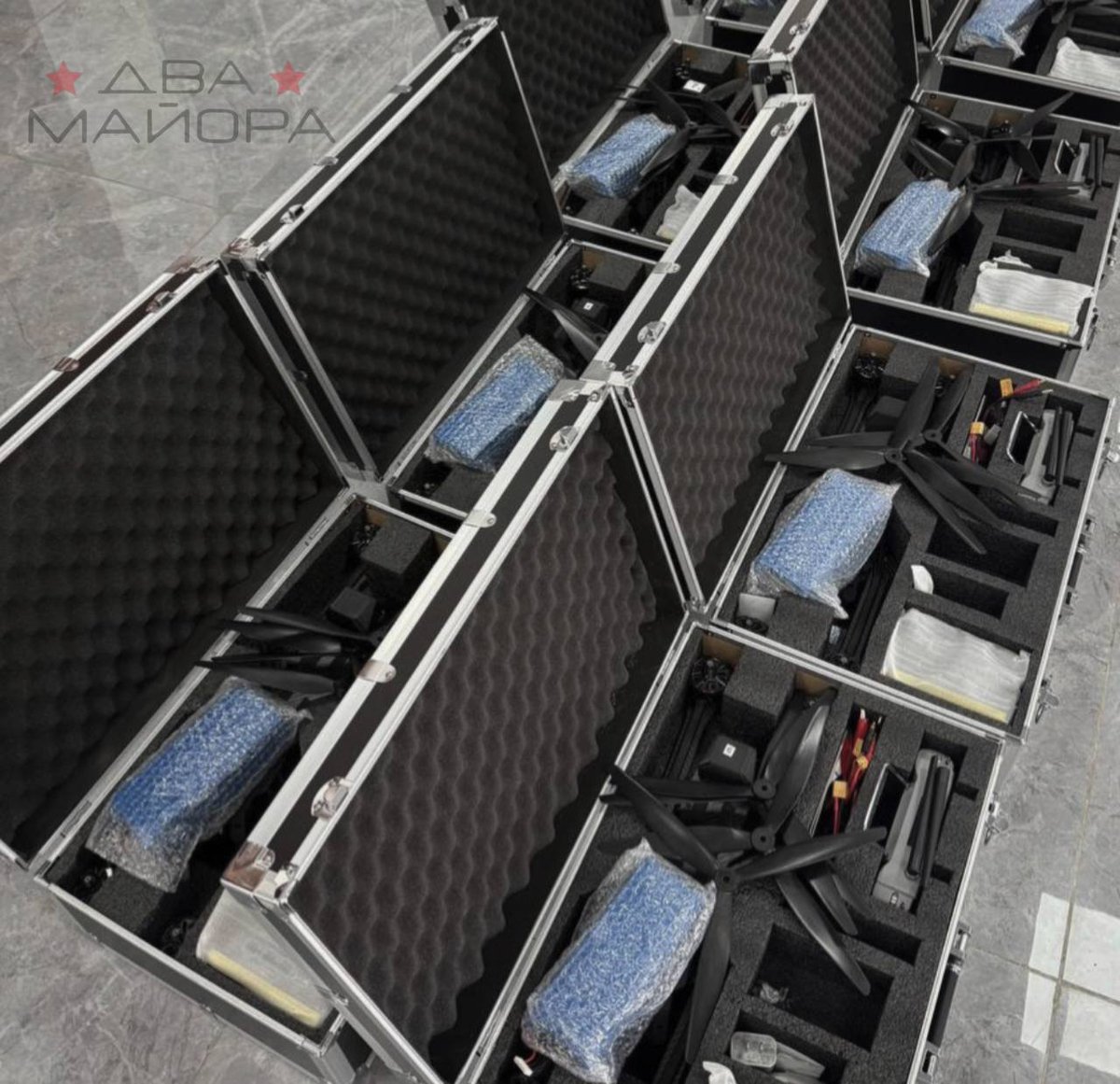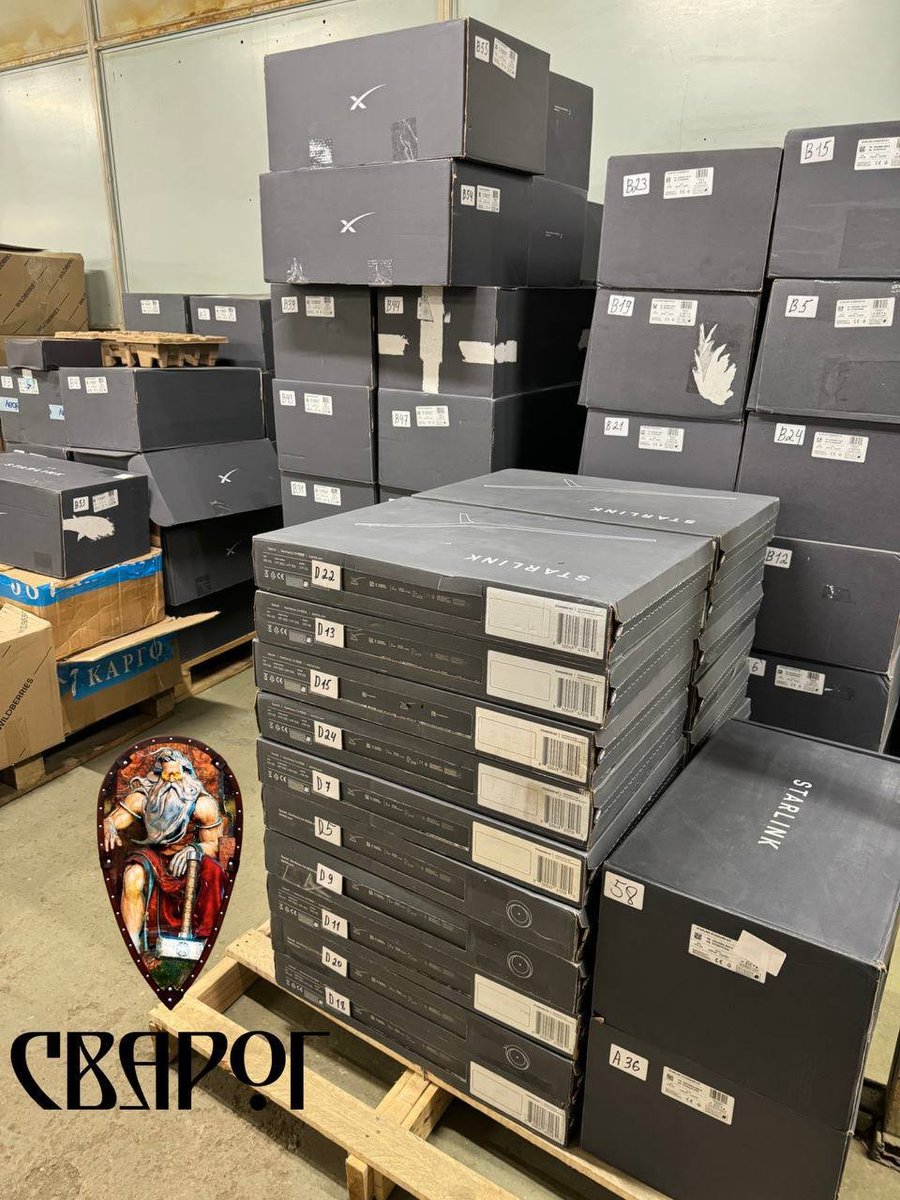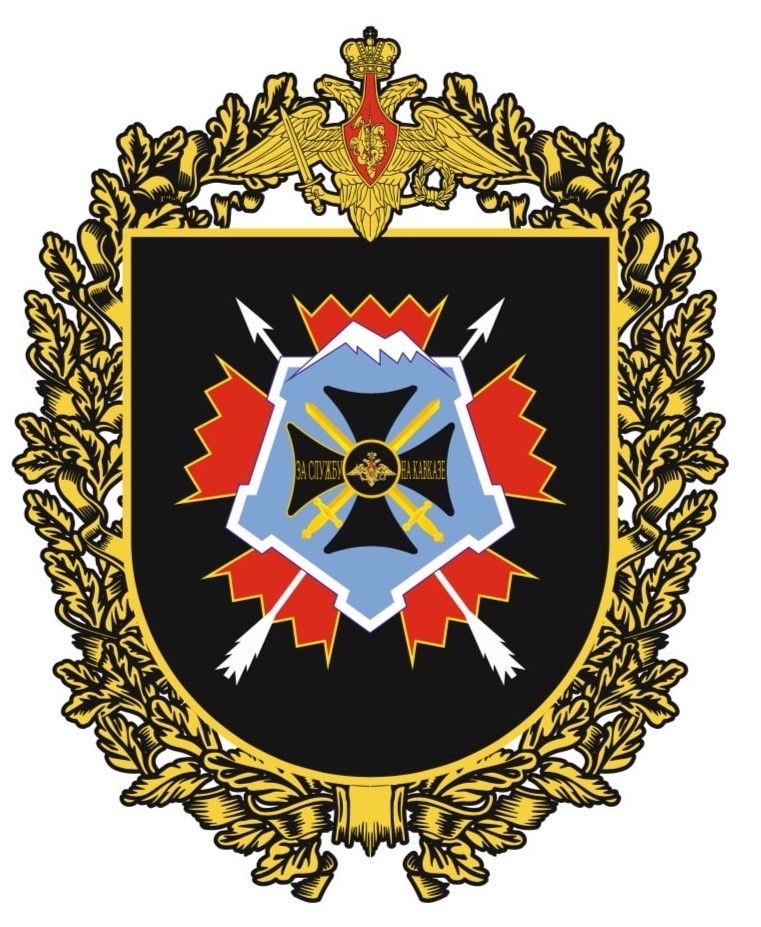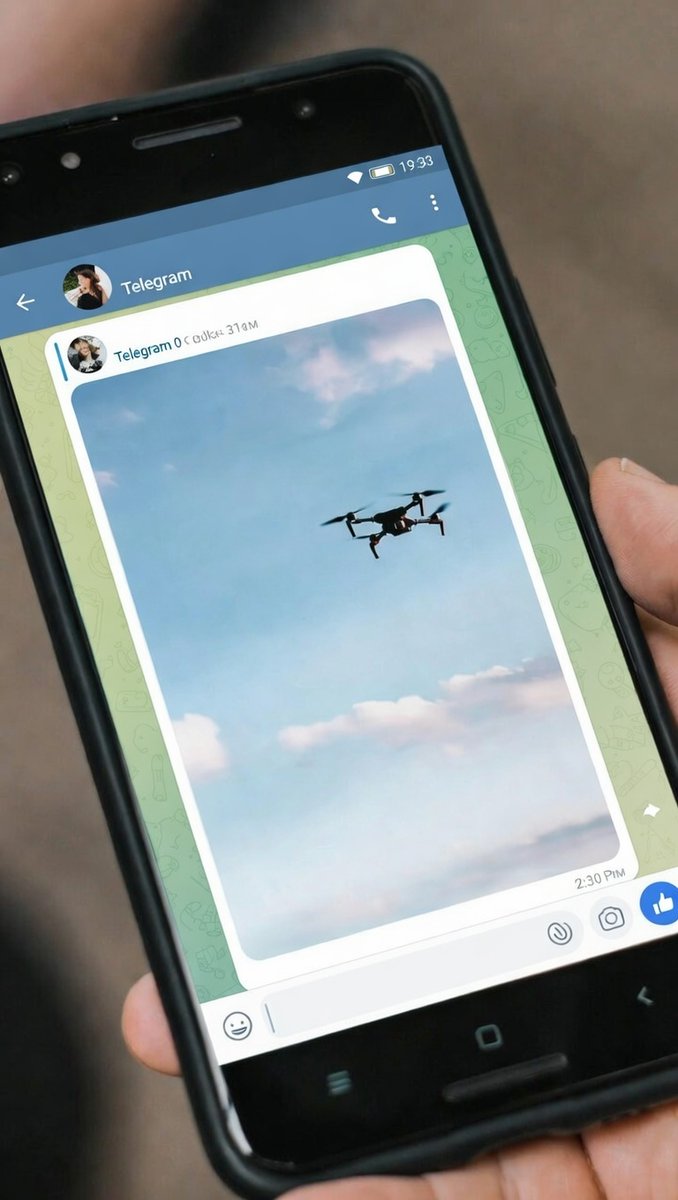1/ In this second 🧵 on the account of Russian soldier Daniil Frolkin's service during the Ukraine war, I'll cover how his 64th Separate Guards Motor Rifle Brigade dealt brutally with inhabitants of the Ukrainian village of Andriivka but later revolted against its officers. 

2/ For the first part, covering Frolkin's time in training, the run-up to the 24 February invasion and what happened in its first couple of weeks, see below:
https://twitter.com/ChrisO_wiki/status/1562874112707801088
3/ During the 5-week occupation of Andriivka, the Russians killed at least 13 residents. Ukrainian shells landed in the village, killing and severely wounding some Russian soldiers. The Russians suspected that local people were reporting their locations to the Ukrainian army.
4/ "We [had] 18 wounded men ... one was severely wounded, with his balls shot off by a fragment. He was screaming: 'Give me a rifle, guys! I will shoot myself! Don’t deliver me! I don’t want to come to my wife like that!' He had 6 kids."
5/ The soldiers responded with brutality and deadly violence against the villagers. Far from being a breakdown in discipline, it's clear this was a deliberate policy carried out on their commanders' orders. The same brigade was also responsible for the crimes in Bucha and Irpin.
6/ The brigade's commander, Colonel Azatbek Omurbekov, ordered soldiers to fire at civilian vehicles, as well as to kill “anyone you find who has a phone.” According to a combat diary found in the village, the Russians carried out a 'zatchistka' or 'cleansing' operation. 

7/ Frolkin was involved in rounding up three suspects. "We caught and delivered them to our commander .... We checked [a suspect's] phone and he had messages from the [Ukrainian] Emergency Service, saying like they’ll get the money when they provide coordinates of columns."
8/ "We opened his [phone] gallery and most of the photos and videos were unreadable. We were ordered to go with them, so that they would show their homes. Because they said they were locals. We found photos in the houses. In one house, those were just pictures of an old couple.
9/ "In another one, it was a very young couple with kids. So, in fact the houses were not theirs. The third one lived at some ruin." Frolkin claims one of them admitted coming from Kyiv to provide information on the troops' locations, though relatives' accounts contradict this.
10/ The three captured men were all killed on the orders of Guards Lieutenant Colonel Andrey Prokurat. "We brought them [to him] and he said: 'Take them outside the village, let them show [you] the houses and waste them.' 

11/ They were killed "one in a yard, another in a basement, the third one in a yard, too." Frolkin admitted killing the third man, an amateur photographer named Ruslan Yaremchuk.
After the killing, Frolkin says that his conscience "could not bear any more deaths of people ... "
After the killing, Frolkin says that his conscience "could not bear any more deaths of people ... "
12/ "So, I agreed to everything, like being a medic." As a driver-mechanic, he was assigned an armoured vehicle to evacuate wounded personnel and remove damaged equipment to repair depots. He claims to have "saved 86 people and killed one."
13/ On 31 March, the 64th Brigade was withdrawn from the Kyiv region and went via Belarus to Belgorod in Russia. From there, they were sent to fight on another, unspecified front (likely around Izyum east of Kharkiv, given their starting point in Belgorod).
14/ But the soldiers no longer wanted to fight: "Most of the people already started to refuse." This met with a furious reaction from Colonel Omurbekov, who was disliked by his men for having spent "whole days in a basement" while the soldiers took casualties elsewhere.
15/ "There was this school at a crossroads. So he stayed in that school’s basement ... [The colonels] are supposed to run the special operation, while they’re staying in a basement and are just like: 'Ok, guys, go and attack, you need to take that point.'"
16/ "The refusenik guys went to [Omurbekov] ... [He] started to freak out, hit one guy with the rifle butt in the face, held a gun to another guy’s head and was like: 'I’m gonna shoot you right here and get away with it.'" 

17/ Casualties mounted in the forests of north-eastern Ukraine, leading to manpower problems. "The battalion is constantly remanned. They look at the shortage and add people from our own brigade, those whom they managed to gather, who didn’t refuse."
18/ There was little medical support available to the troops. "Two medical platoons were destroyed completely. So, some were killed, some wounded. There were no medics left in our 2nd or 3rd battalion. But the wounded had to be evacuated."
19/ "I evacuated a scout guy [sic]. There were 2 of them. One had his leg completely crushed and a shell fragment in his breastbone. The other only had the torso and half a head left. So, they loaded him in a bag into the vehicle and told me to go."
20/ Colonel Omurbekov was one of the wounded who was evacuated by Frolkin in his armoured vehicle. "They awarded him the Hero of Russia medal, Order of Courage, whatever they could. He was in fact hiding in trenches in a forest."
21/ "He had reported that the forest was taken, and then the Deputy Minister of Defence arrived [which one isn't clear; there are ten Deputy Ministers]. And it turned out the forest was not taken at all."
22/ "So, he, the District Commander and the Army Commander were given rifles and the infantry was told: 'These men will go first and you are to follow.' And that’s when [Omurbekov] was wounded."
23/ Photo reporting was used to create fake reports for the soldiers' superiors, according to a source who spoke to iStories. The soldiers were told to take photographs to support false claims of combat successes, even when it put their lives at risk. 

24/ On one occasion, a soldier with the brigade says, commanders forced soldiers to pose for photographic reports against a background of combat vehicles, first sweeping up the dust around them, while shells landed nearby.
25/ Omurbekov reportedly asked his soldiers to provide photo reports to enable him to report to his superiors that “it wasn’t just one tank that was destroyed, it was three! No — five!”
26/ By this point, likely some time in June or July, Frolkin's battalion had been all but destroyed. "50 persons at most are left out of the battalion’s established strength of 300. I see that our brigade is just being destroyed. So, we’ve been withdrawn."
27/ The entire brigade suffered huge casualties. From its pre-war strength of 1,500 men, at least 400 are said to have been killed in Ukraine. A "mourning board" showing 44 of the dead, put up at its base, reportedly only showed "1/10 of all the dead from the personnel". 

28/ Rather than being rested in Russia, though, Frolkin's brigade was told it would be going to straight to Kherson to provide security during the fake 'referendum' that Russia reportedly intends to hold there in September. The soldiers revolted en masse against their orders.
29/ "Having found out, our infantry said: 'Fuck you! We’re writing refusal reports.' So, everyone is now fleeing our brigade. They fly to Khabarovsk at their own expense, to get to the permanent base of our 64th Brigade in Khabarovsk." 

30/ "They arrive and write reports, saying they cannot fight due to either mental conditions or health conditions. I had 2 concussions, a fragment wound and a dissection [sic]. I wanted to leave long ago, but they wouldn’t let me."
31/ Frolkin says that he has "written multiple refusals [to fight]. Each time, they tell me to go fuck myself". 80 percent of the brigade reportedly want to resign from the army, but are being refused permission by their commanders.
32/ Another soldier serving with the 64th Brigade told iStories: "I constantly see guys going [to the command post] to resign. Just like me, they’re told that they can’t leave, that it’s not possible, to 'keep on serving,' and to go fuck themselves ..."
33/ "I know someone who left for the base [in Khabarovsk], and when he got there, the personnel department told him that around 700 people had already come and resigned."
34/ The 64th Brigade's problems with replacing a very large number of refuseniks and casualties were independently confirmed in a call intercepted by the Ukrainian authorities. The call apparently took place between an officer (O) and a soldier (S) from the brigade:
35/
(S) We have a fuckton of refuseniks!
(O): I’ve no idea where to get 366 people…
(R): Is it all empty?
(O): Yes! We have around 150 people – refuseniks. All who come back from there, no one even has a right to judge them. Who would want to go to this hell a second time?
(S) We have a fuckton of refuseniks!
(O): I’ve no idea where to get 366 people…
(R): Is it all empty?
(O): Yes! We have around 150 people – refuseniks. All who come back from there, no one even has a right to judge them. Who would want to go to this hell a second time?
36/ Like other Russian soldiers who've spoken out about the war, Frolkin expressed confusion about its purpose. "I don’t know who we’re fighting against. Maybe we’re fighting against the Armed Forces of Ukraine. But the AFU are not Nazis.
37/ "They’re a Slavic nation, just as we are. But we are low rankers. We’re told to go, and so we go, that’s it. When we arrived, locals approached us and said: 'We never ever had any Nazis.'"
38/ Frolkin returned to Khabarovsk in July and left the army. He's now under investigation by the Ukrainian authorities, accused of killing a civilian in Andriivka, stealing a vehicle from another civilian, and stealing a World War II veteran's Soviet and Ukrainian medals.
39/ He likely now faces a bleak future. The Russian authorities are unlikely to look kindly on his openness and his confession of killing a civilian means he's very unlikely to get asylum abroad. But in explaining his motivation for speaking out, Frolkin says:
40/ "I realize I may be put in jail for all this information. Not even for the fact that I committed all of this vile shit in Ukraine, but for the information [about the commanders]. I just want to confess to everything and explain what’s going on in our country."
41/ Frolkin concludes: "The command simply doesn't give a shit about all the soldiers" and says, "I think it would be better if this war had never started." /end
Links to the iStories reports (in Russian):
1) storage.googleapis.com/istories/inves…
2) storage.googleapis.com/istories/repor…
1) storage.googleapis.com/istories/inves…
2) storage.googleapis.com/istories/repor…
Thanks to @wartranslated for the transcript of the intercepted conversation:
wartranslated.com/intercepted-ca…
wartranslated.com/intercepted-ca…
Radio Svoboda report on the 64th Brigade's casualties (in Russian): svoboda.org/a/lichnogo-sos…
And the YouTube video in which Frolkin tells his story (with English subtitles):
• • •
Missing some Tweet in this thread? You can try to
force a refresh


